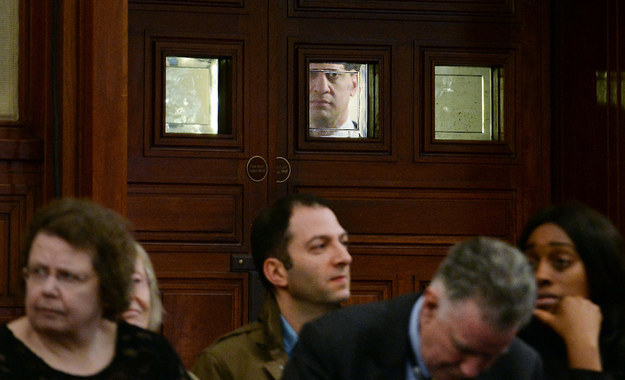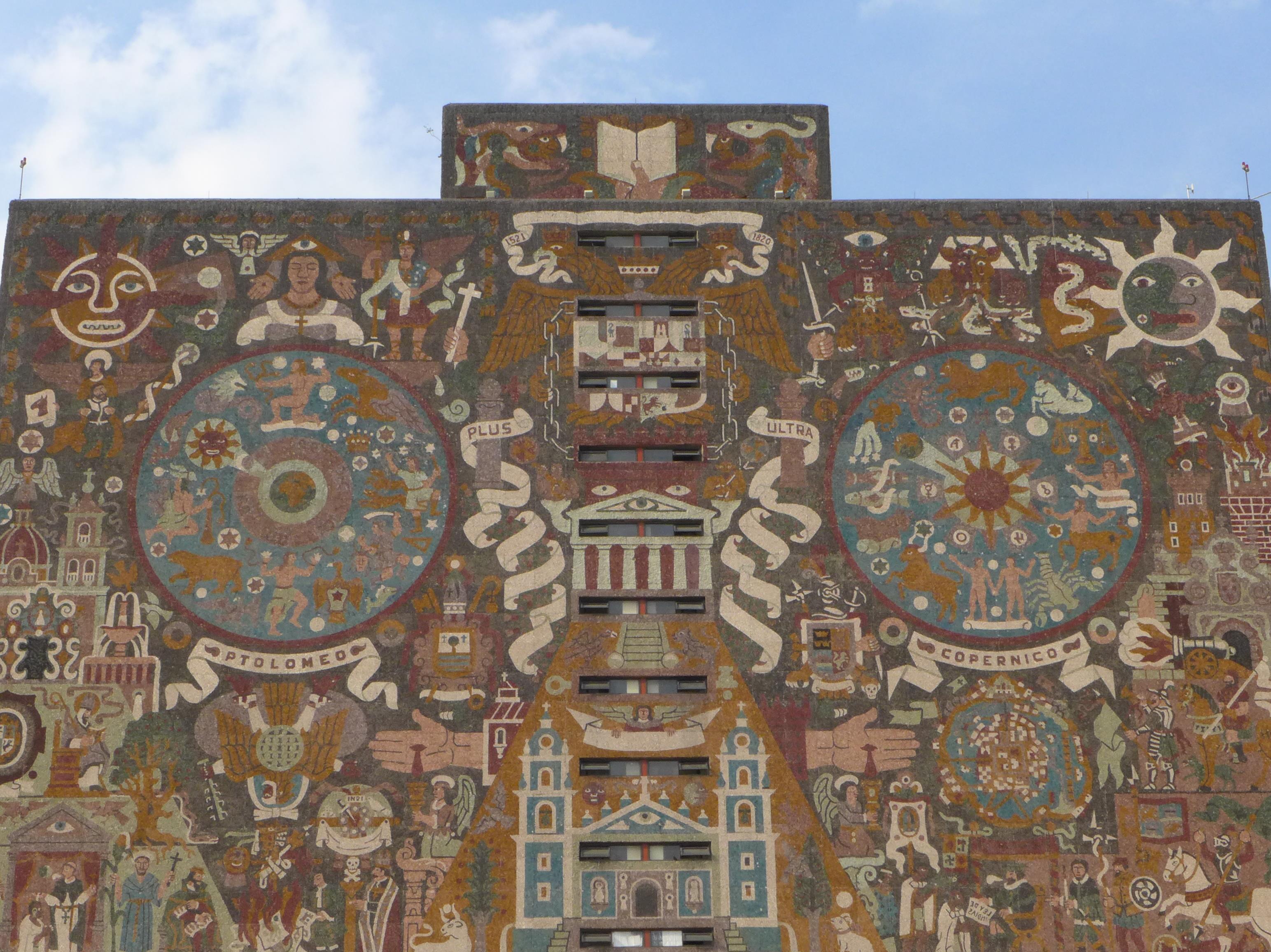 This blog post is not a defence of the Labour Party. Months of spinelessness prior to the elections have been followed by weeks of unprincipled positioning by new leaders after it. I see nothing to defend.
This blog post is not a defence of the Labour Party. Months of spinelessness prior to the elections have been followed by weeks of unprincipled positioning by new leaders after it. I see nothing to defend.
But it has to be said that their main problem – that they have no economic plan – is shared by a lot of people. Labour has nothing to offer except continued neo-liberalism. For people not familiar with that term, it means obsessively pretending to be in favour of free markets, when in fact you are in favour of markets only when it transfers large amounts of money from ordinary people to those who are already rich. Transferring large amounts of money to rich people is a very popular policy with rich people, which is why in fact they support any means of doing this, whether that be free markets, or government bail-outs that are emphatically nothing to do with free markets, or corrupt privatisation practices that make a laughing stock of the notion of competition.
Labour for years have had nothing to offer as an alternative to this sordid and destructive game, they only promise to blunt the brutal effects of it on the poorer people in society. There is, of course, a left wing of the labour party who would like to see a return to more social democratic principles, but an organisation is characterised by those who have power in it, not by those who have little or none. But since we’re talking about it: social democratic methods. While it was more egalitarian than neo-liberalism, the critiques of social democracy from the right – that it was too centralised and put too much power in the hands of government – ring true with a lot of people, including those not on the right. Look at all our social housing. If the central government decrees you can have it, the central government can take it away again. Which they are now proceeding to do. And not enough people defend it because it was never their housing, it was the state’s. The same is true of the welfare system – it was never ours, and it undermined community by shifting the responsibility for support of the vulnerable onto the state. Now we don’t have to worry about it, even though it isn’t working any more. Social democracy does blunt the worst excesses of capitalism, but it was always an elite project, rather than one that trusted the people to run their own lives. The right wing were able to create so much bad feeling against social democracy because their propaganda was based on truth that people recognised. The big paternal state scared them, it made them feel powerless even as it improved their quality of life.
So what alternatives to social democracy do we have? This is where the picture doesn’t look good. Almost nobody on the more radical left makes actual proposals about how people’s need would be met if the forces of capitalism were to be successfully undermined. I say almost nobody, because Michael Albert’s Parecon proposal does make an attempt, and some environmentalists make half an attempt by explaining that everything should be localised and work on barter or some other non-monetary method. I don’t think either proposal is very good. But rather than go into the problems with them, the point to note here is that neither has captured the imagination of many people, nor is likely to. And if people can’t imagine the future economy, most of them won’t fight for it. This isn’t just about some horrible absence of ‘revolutionary spirit’, but about wanting to make sure that they can continue to live and eat and feed their children.
Stating that your position is ‘anti-capitalist’ may seem radical in some circles, but the way most people hear it is: You know how you survive now? How you get your house? Your car? Your food? Your holidays? How it is you are sure you can care for your children? We want to get rid of all of that. Nah, we don’t know what we’ll put in its place. We’ll work that out as we go along. It’ll be fine.
And it’s just not good enough for most people. I don’t think it ever will be.

Yes it’s not good enough but the point you make in the penultimate paragraph would hold even if a perfectly workable blueprint for a post-capitalist society had been worked out and agreed on by lots of people.
how to get a house, a car, care for your children is logically how to do these things under the confines of the present system. The fact that it’s much more difficult than it was a decade ago does not detract from the fact that the 1 and 0.1 and 0.001% have all the power and hold all the cards. Most people quite understandably regard the present system as unshakeable
As Greece demonstrates now, any challenge to the system would result in all hell being brought forth to crush the challenge. (and Syriza aren’t anti-capitalist, they just want a different form of capitalism).
I suppose the crunch comes when a large minority of people recognise that it’s impossible to get the basic things you mention in the penultimate para, and that a different system is not only desirable but possible. We haven’t reached that point yet; part two of the 2008 financial crisis may produce it.
But you’re right, Paracon has immense faults; mainly the fact that people have to make lists of everything they want to consume before they start consuming. That’s not desirable to me.
You are probably right that only crises will produce significant change. What worries me however is that for new ways of organising to emerge in a crisis, the groundwork has to have been done prior to that. This is very practical groundwork I mean, building examples of what a new economy might look like for example. Otherwise when people cast around for new ideas, yours will still look too experimental to take a chance on, and no large organisation/movement will exist to push the ideas forward. That idea of getting organised *before* the next crisis is actually the source of the name of this blog.